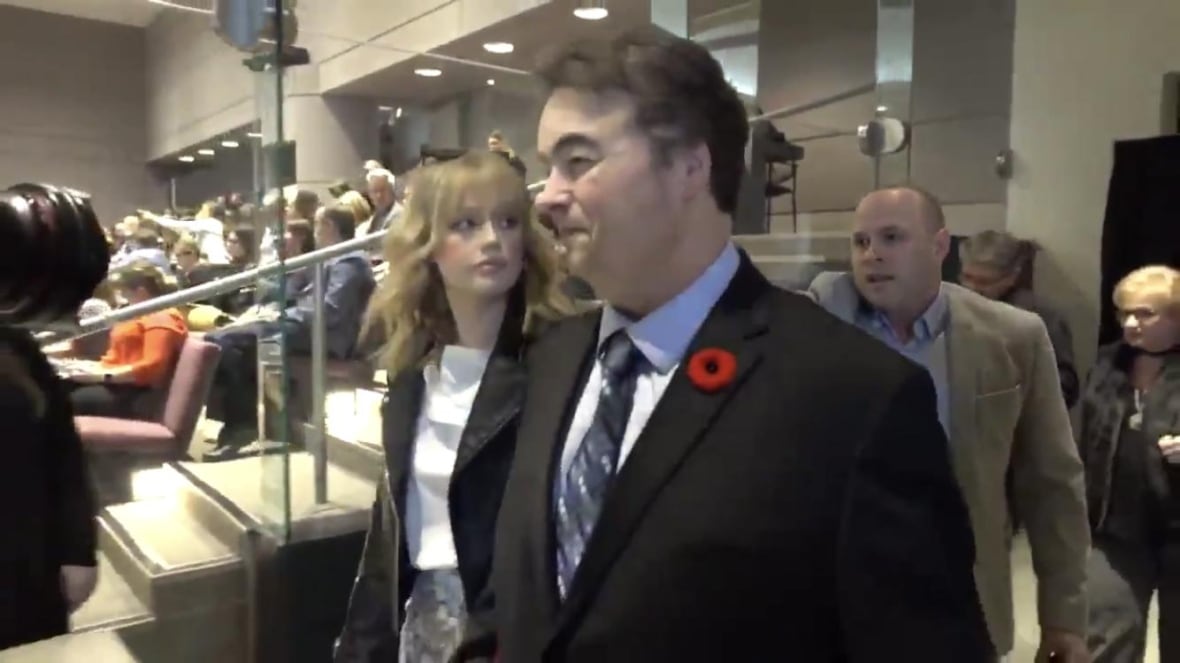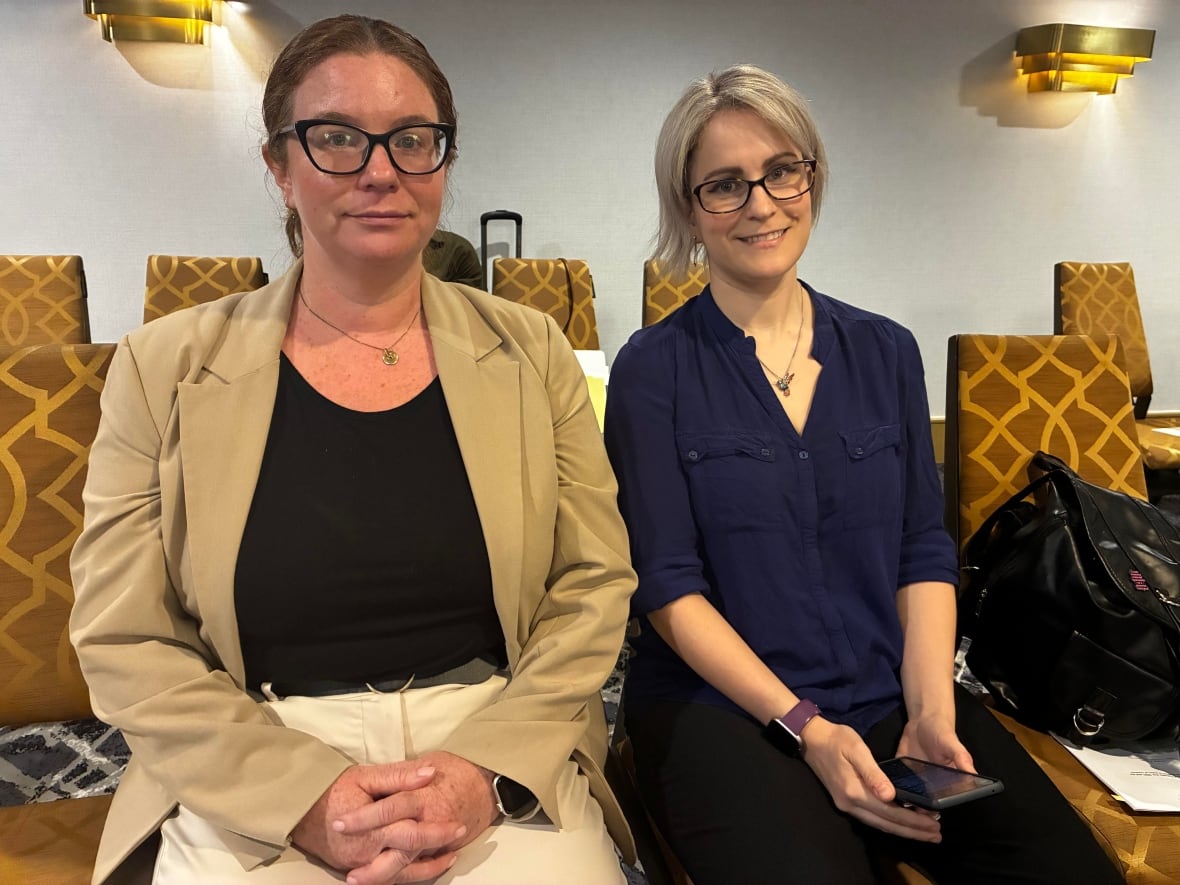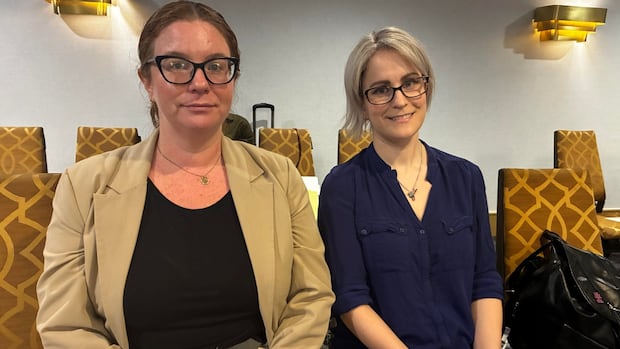Bill 9 'nearly impossible' to implement, Rick Chiarelli's accuser tells committee
Speakers praise intent of province's municipal accountability bill, but criticize the process
A provincial bill drafted in response to a sexual harassment scandal in Ottawa would not have protected the victims involved, one of former city councillor Rick Chiarelli's accusers has told a committee.
The Standing Committee on Heritage, Infrastructure and Cultural Policy held consultations over Bill 9 on Thursday in Ottawa, where a series of investigations in 2020 found that Chiarelli sexually harassed multiple female staffers over several years.
Stephanie Dobbs, who made public sexual harassment complaints against Chiarelli, told the committee that the bill in its current form would not have protected her.
"I am doubtful of its ability to provide meaningful change," she said.
'Another broken process cloaked in good intentions'
Bill 9 aims to standardize codes of conduct across Ontario municipalities, giving them the power to remove and disqualify from office members who are found to be in serious violation.
Under the proposed rules, removal could only occur following a recommendation from a municipal integrity commissioner, an approval from an Ontario integrity commissioner, and a unanimous vote by the rest of council.
Requiring a unanimous vote would be too onerous, Dobbs said.
"My former employer had a fascination with obtaining leverage over his fellow council colleagues," she said. "At a threshold of 100 per cent, all it would have taken is one compromised colleague out of 23 to not vote by stepping away, and he would have walked away with zero consequences.
"Having the final decision return to be voted on at a council is frankly ludicrous."

Nancy Cairns, who also worked for Chiarelli, agreed, arguing that the bill "risks becoming another broken process cloaked in good intentions."
The proposed process for removing councillors would be "nearly impossible to use," she said.
"The very council members who work alongside the person accused of misconduct, who may be political allies or fear retaliation, must all vote to remove them," she told the committee.
Instead of a unanimous vote, she proposed a "non-political legal path to removal."
"Many of these cases end up at judicial review anyway," Cairns said. "What's written in this bill is redundant, exhausting, and tells survivors the road ahead just isn't worth it."

'A procedural shield'
Joanne Chianello, a former journalist who broke stories of Chiarelli's misconduct for CBC, argued that "council is not the right body to make this kind of decision."
She continued: "What's proposed here isn't a path to justice, it's a procedural shield, one that risks protecting even the worst offenders so long as they have a single ally on council."
Other speakers including Lisa Deacon, a member of Leadership féminin Prescott-Russell, proposed that a two-thirds majority of council ought to be sufficient for dismissal.
Robin Jones, president of the Association of Municipalities of Ontario, submitted that her organization would prefer that the power of removal rests with an independent judge.
'Preserving democratic accountability'
As sponsor of the bill, Minister of Municipal Affairs and Housing Rob Flack previously defended the requirement for a unanimous vote.
"The process outlined balances the need for external influence while preserving democratic accountability at the local level," he said on July 3, noting that only members of council not subject to complaint, not on approved absences and not in conflict of interest would be permitted to vote.
Not all of the speakers supported the aim of the bill.
"We have elections to decide who represents us and it's been like that for a very long time, said Ryan Linkletter, who opposed the bill's mechanism to remove officials.
"If a politician is unpopular and the constituents think they are not serving them, they won't be elected back in."
Chiarelli, who was never criminally charged, denied accusations against him. His pay was docked for 540 days, the maximum penalty, following three damning integrity commissioner reports against him.
He left office in 2022 and did not stand for re-election.


